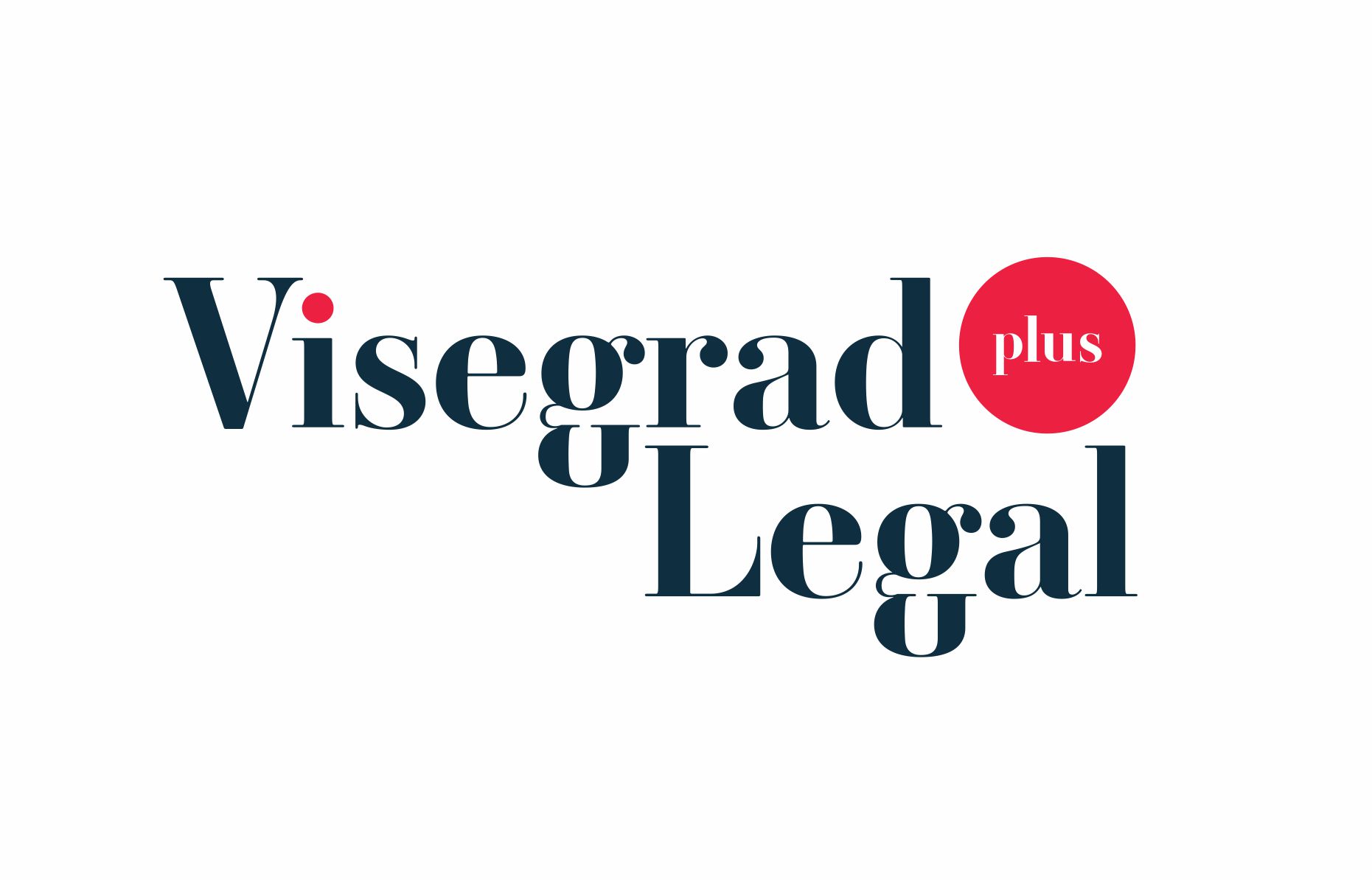In a world where global companies operate seamlessly across borders and skilled workers, managers, and trainees become key resources for growth and competitiveness, the institute of intra-corporate transfer (ICT) represents one of the most important mechanisms of business mobility.
Dec03
The General Data Protection Regulation (GDPR) has established a unified European framework for the protection of personal data, based on clearly defined data subject rights and obligations imposed on controllers and processors. One of the key elements ensuring its effectiveness is the mechanism of administrative liability, contained primarily in Article 83 GDPR.







.jpg)


